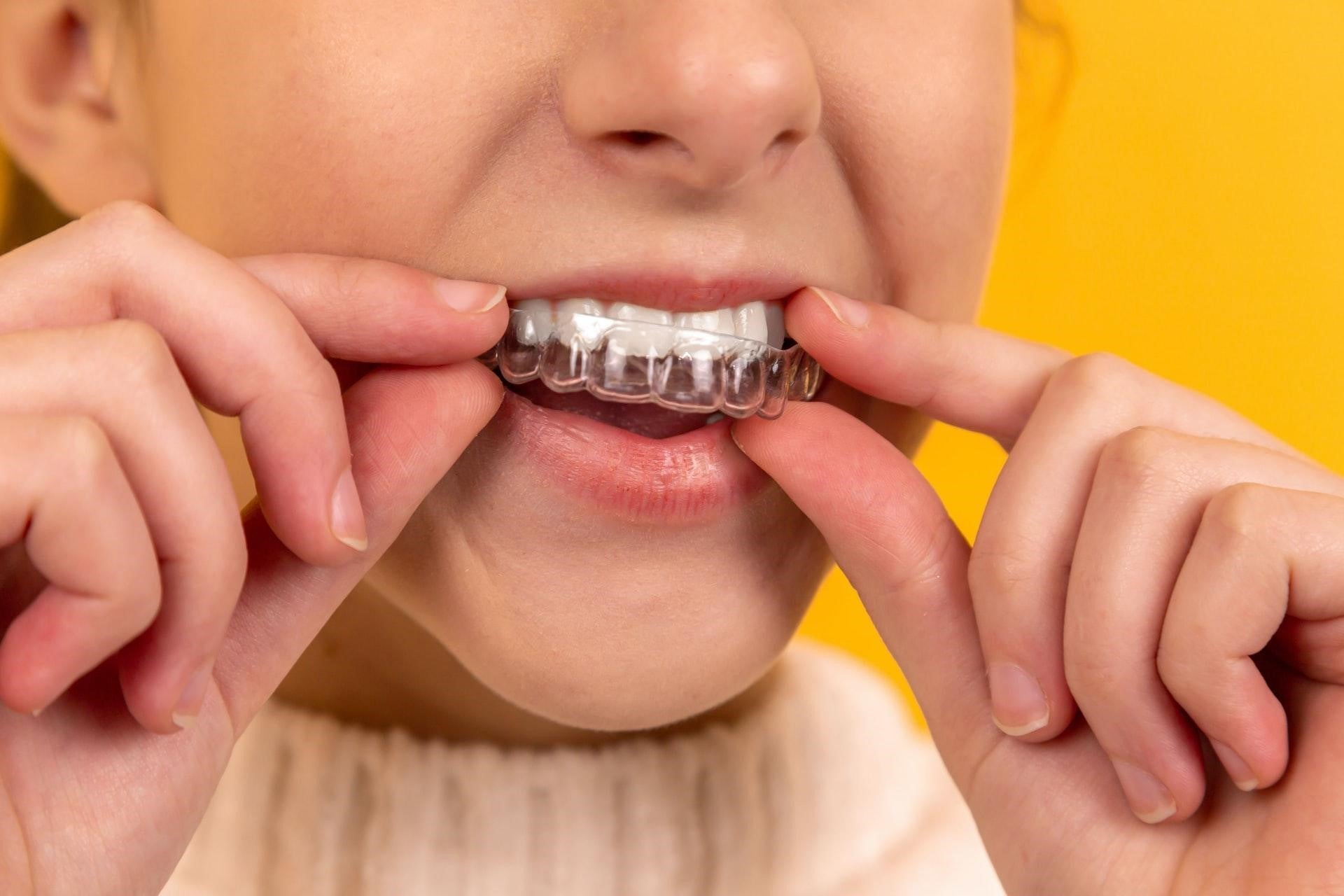Retainers play a crucial role in keeping your teeth aligned after orthodontic treatment, but many patients worry about how fragile they are. After all, these appliances are used daily, and any damage can affect the stability of your results. This guide explains everything you need to know about the durability of retainers and how to protect them. When discussing long-term wear and care, many patients also search for the best Dental Retainers in Islamabad, as proper guidance ensures the device lasts longer and works effectively.
Below, you’ll find answers to the most common questions patients ask about retainer durability, maintenance, and real-life experiences.

What Types of Retainers Are Most Prone to Damage?
There are three major types of retainers:
- Hawley (wire + acrylic) retainers
- Clear plastic retainers (Essix)
- Fixed/bonded retainers (cemented wire behind the teeth)
Each has its own strengths and weaknesses. Clear plastic retainers are more prone to cracking if mishandled. Hawley retainers may bend out of shape if excessive pressure is applied. Fixed retainers can detach if eating hard foods or if the bonding weakens.
The longevity of any retainer depends largely on how carefully it is maintained.
What Everyday Habits Can Damage a Retainer?
Many patients do not realize that small daily habits can cause significant damage.
The most common causes include:
- Biting down on retainers while removing them
- Wrapping them in tissue (they often get thrown away accidentally)
- Leaving them in a hot car (heat warps plastic retainers)
- Eating hard or sticky foods with fixed retainers
- Using abrasive toothpaste that scratches clear retainers
- Dropping them on hard floors
By avoiding these habits, you can extend your retainer’s lifespan and prevent costly replacements.
How Can I Tell If My Retainer Is Damaged?
Some signs of damage are easy to spot, while others are subtle.
Common warning signs include:
- Cracks or fractures
- Rough edges that irritate the gums
- A loose or poor fit
- Pressure or discomfort when wearing it
- A wire that feels bent or out of shape
- A gap between the retainer and your teeth
Ignoring these signs can lead to shifting teeth, so early replacement or repair is essential.
Reviews: What Are Real Patients Saying?
“I used to go through clear retainers quickly until my orthodontist taught me how to store them properly. Now they last much longer and feel comfortable.”
“My fixed retainer has been on for four years with no issues. I just avoid biting hard foods and get regular checks, which makes a big difference.”
“I accidentally broke my retainer once by wrapping it in tissue, but after getting a case and following care tips, I haven’t had any problems.”
These real experiences show that retainers don’t break easily when maintained well.
Why Do Clear Retainers Crack More Often?
Clear retainers are made from thin plastic sheets molded to your teeth. While they offer an invisible, aesthetic option, they tend to:
- Crack under pressure
- Warp with heat
- Scratch easily
- Become brittle over time
If you grind your teeth at night or handle your retainer aggressively, clear retainers might not be the best long-term option.
Are Fixed Retainers More Durable Than Removable Ones?
Fixed retainers are generally stronger because they are bonded to your teeth and protected by them. However, they can still get damaged.
They may:
- Break if you bite something very hard
- Detach if the cement weakens
- Trap plaque if not cleaned properly
Still, they are excellent for long-term stability, especially for patients prone to forgetting to wear removable retainers.
What Should I Do If My Retainer Breaks?
If your retainer breaks, you should:
- Avoid wearing it if it has sharp edges.
- (for possible repair).Save all pieces
- Schedule an appointment immediately.
- Avoid long gaps without wearing a retainer — teeth can shift within days.
Your dentist will determine whether it can be repaired or if replacement is necessary.
How Can I Prevent My Retainer from Getting Damaged?
Here are expert-recommended care tips:
- Always store your retainer in a hard case.
- Never use boiling water or direct heat.
- Remove retainers gently using your fingers (not teeth).
- Avoid bending wires or pressing on plastic areas.
- Clean with mild soap — not toothpaste.
- Keep pets away; dogs love chewing retainers!
Following these habits dramatically reduces damage risk.
Conclusion
Retainers do not necessarily break easily — they break when mishandled, exposed to heat, or not stored properly. Each type has its own durability level, and with proper care, retainers can last for years while keeping your smile aligned. Whether you choose fixed or removable retainers, regular dental checkups and good habits ensure long-lasting results and prevent costly replacements.
Contact Us – Glamorous Clinic
If your retainer is broken, uncomfortable, or needs replacement, our specialists at Glamorous Clinic are here to help.
Address : Office Number LG 20 - 21 Interlace Plaza I-8 Markaz Islamabad
Phone : +92 333 5705871
Email : [email protected]




Comments